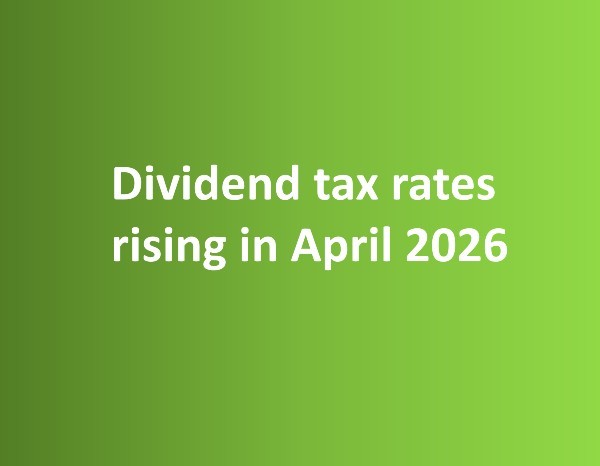
The recent Budget will bring a significant change to the way double cab pickups are taxed. Previously classified as goods vehicles, these will now be treated as company cars for tax purposes. This will result in substantially higher benefit-in-kind (BIK) tax rates.
This reclassification follows years of debate around the tax treatment of when a vehicle is a van or a company car. The government aims to address the situation in which pickups are increasingly being used as dual-purpose vehicles, often for personal use in addition to business use.
Businesses with fleets of vehicles will be additionally affected as cars are more expensive from an income tax and national insurance perspective than commercials.
Why is the reclassification increasing the tax payable?
When a van is used solely for work purposes, then it is treated by HMRC as offering no BIK, even if there is very minor private use. Cars, however, are taxed from a benefit-in-kind perspective according to their carbon dioxide emissions.
How much you could pay
This worked example explains how the change in costs would look:
Cars are taxed on their CO2 emissions, up to a limit of 160g/km. This is 37% of the on-the-road price. As most, if not all, of the double-cab pickups on the market have CO2 emissions well in excess of 160g/km, they will attract the top rate of BIK. As an example, if the on-the-road price is £40,000, the benefit in kind will be £14,800 (37% x £40,000).
If fuel is paid for by the company, the fuel benefit on this double-cab pickup will be £10,286 (37% of the £27,800 benefit), far and away exceeding the van fuel benefit of £757.
Total BIK of the pickup as a van = £4,717
Total BIK of the pickup as a car = £25,086
The difference amounts to £4,074 additional tax to a 20% taxpayer and £8,148 to a 40% taxpayer.
For fleet owners, the additional employers’ NIC per employee = £3,055.
Timings
- From April 2025, for corporation tax, and from April 6, 2025 for income tax, double cab pick-ups will be treated as cars for the purposes of capital allowances, BIK and some deductions from business profits.
- The transitional benefit-in-kind arrangements will apply for employers that have purchased, leased or ordered a double cab pickup before 6 April 2025. In this case, they will be able to use the previous treatment, until the earlier of disposal, lease expiry, or 5 April 2029.
- The existing capital allowances treatment will apply to those who purchase double cab pickups before April 2025.
- For those who purchase double cab pick-ups before April 2025, The existing capital allowances treatment will apply.
- Transitional BIK arrangements will apply for employers that have purchased, leased, or ordered a double cab pick-up before April 6, 2025.
- The Treasury says that they will be able to use the previous treatment, until the earlier of disposal, lease expiry, or April 5, 2029.
Need advice?
This move is going to adversely affect many businesses who use double cab pickups for in their operation. If you need any assistance or have a query, please contact us here: enquiries@torgersens.com.
The information provided in this blog is for general informational purposes only and should not be considered professional advice. As far as we are aware, the content is accurate at time of publication. Torgersens assumes no responsibility for errors or omissions in the content or for any actions taken based on the information provided.

.jpg)


.jpg)



